Ape-tizers:
- Football.Fun is an onchain fantasy sports app.
- Users put their football knowledge to the test by acquiring player shares to compete in tournaments.
- Real-life player performance is tracked through Opta Analyst, giving value to player shares.
Nothing excites us more than a breakout app. That app that defies the odds, exits the CT echo chamber, and hits a home run with non-native users actually using it.
Polymarket was one of those rare wins. And while this piece is about another app that fits the same mold, it’s worth taking a closer look at how Polymarket pulled it off and became a fan-favorite in the space.
The first thing to note about Polymarket is that it was just a genuinely good product. The UX was clean, intuitive, and actually enjoyable - plus it made people money.
The second? It didn’t have a token, which made its success even more interesting. You couldn’t chalk up the hype to a token pumping; people were using it because they genuinely wanted to.
The third point is where it really gets good. Polymarket carving out a spot as the place to track voter sentiment around the Trump-emerging US elections was a masterclass in timing and positioning.
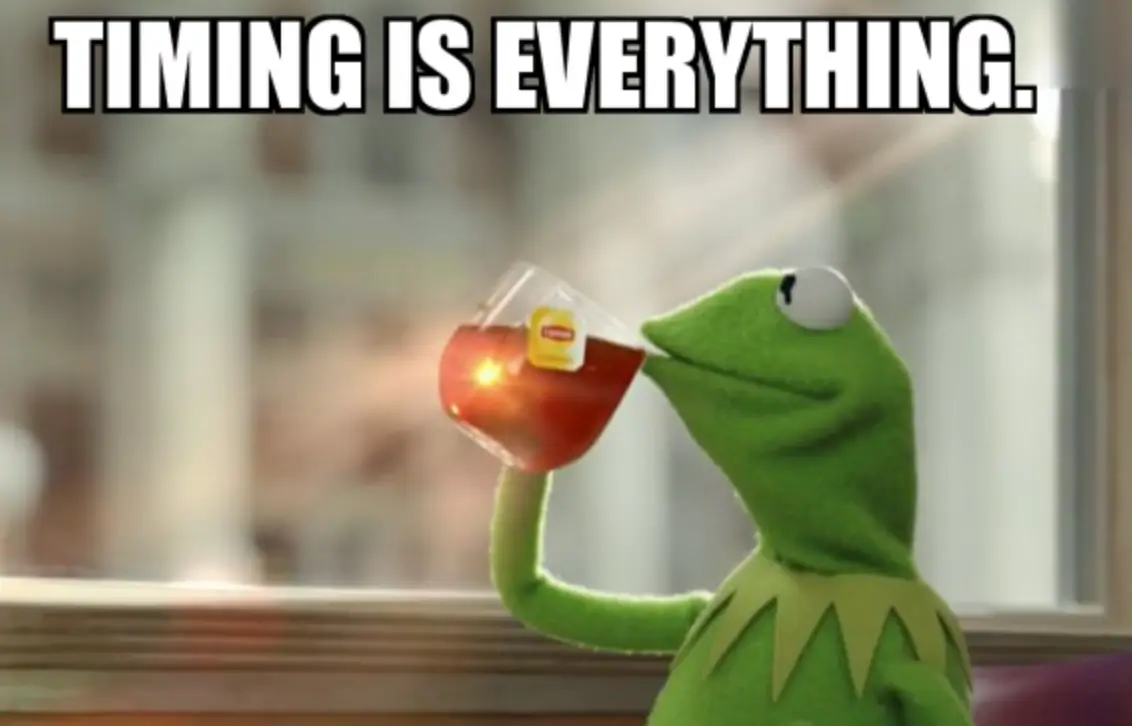
These factors have showed up once again in another application that we definitely think is worth looking into, especially if you are a user of prediction and speculative platforms, love the game of football (soccer for our American friends), or just someone not keen on missing something that might truly shape up to be the next Polymarket, or maybe even bigger.
The spotlight is on Football.Fun and in the next few paragraphs we will get into the weeds of what it is, how it works, how you can get into it. Even if your thing is something that’s worlds apart from eleven blokes kicking a leather ball, I'd suggest tagging along.
What is Football.Fun?
Football.Fun is an onchain sports prediction app that allows fans (users) to own, trade football players, and build their dream squad in a competitive environment and market.
In layman's terms, Football.Fun is what you get if Fantasy Premier League (FPL) and Pump.fun had a baby.
The app combines fantasy sports (football) with onchain market mechanics that are not just customized to carry the weight of a functional app but also prioritize the entertainment of it all, creating a cohesive experience that gives an immaculate dopamine rush, especially for football fans.
Don’t believe me, take a look at the numbers. Over $10.5 million in TVL, 11.3k wallet addresses, and $1.7 million earned in fees in less than a fortnight. If this ain’t signs of early traction, I don’t know what is.
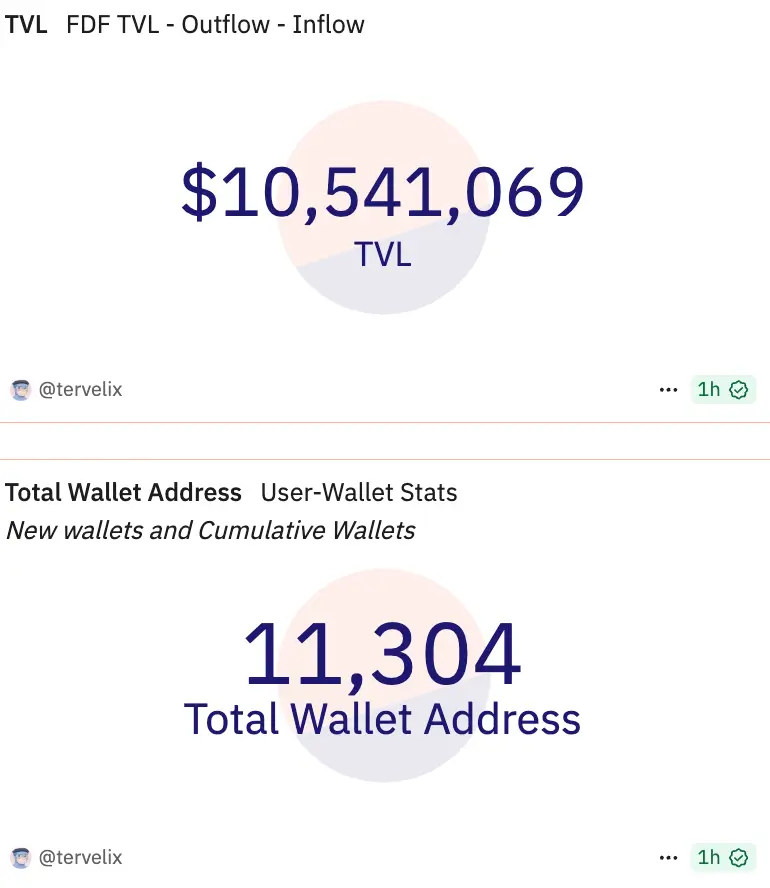
If at this juncture, the question on your mind is: “Is this Sorare all over again?,” the answer is NO, or not exactly.
Now, let’s get into the weeds of it.
How does Football.Fun work?
Football.Fun, now fondly called FDF, allows fans (users) to build up their squad by collecting player shares or the shares of whatever football player is listed on the FDF market.
Collection happens by buying player shares as they hit the market, after the first few hours of them being available on the FDF marketplace, or whenever you decide to log in and buy. The listed players are always available to trade.
Users can buy or sell shares of listed players, allowing them to build a portfolio or team of players they are speculating on.
For FDF, the financialization of football is done through the tokenization of football data licensed legally through Opta, to recreate a fantasy sports dynamic where users can put their skill and knowledge of the beautiful game to work.
The players on FDF are derived from the world’s top five football club leagues: The English Premier League, The Spanish La Liga, The German Bundesliga, The French Ligue One, and the Italian Serie A.
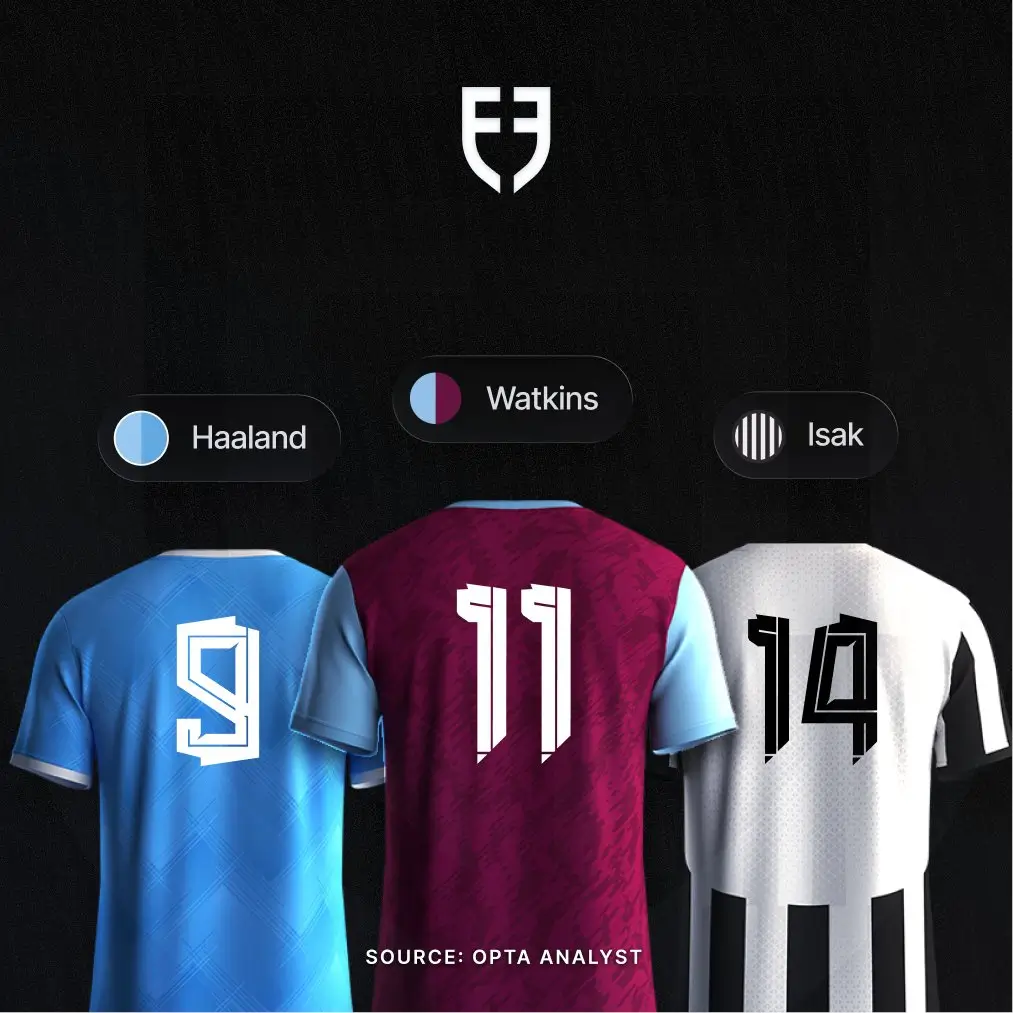
Each player comes with a maximum supply of 25 million shares and has a contract of four games (wherein the player has to enter four games in real life) after which it expires, disabling them from participating in tournaments, thereby no longer earning tournament or skill points that unlock perks or help in squad building.
If the player doesn’t enter any game in real life, the contract remains unused and is rolled over to the next game until they play.
The market dynamics of Football.Fun is designed to track sentiment around players, which directly correlates with their in-real-life, on-field performance. What this means is that, if a user is not content with the real-life performance of a player on their team, they can decide to do away with the shares of the player by selling them either at a profit or at a loss.
What are Tournament Points (TP) and Skill Points (SP) on Football.Fun?
Users can also enter into tournaments with their active shares (active squad), in order to acquire shares in players who will perform well in upcoming tournaments.
Entering a tournament is automatic once you’ve collected up to 100 player shares into your active squad.
In these tournaments, users can earn tournament points (TP) and skill points (SP) as rewards. Tournament points can also be earned by completing certain reward thresholds listed on the platform as starter objectives.
On FDF, here are a few things to know about the tournaments:
- Tournaments are live from Friday to Monday and from Tuesday to Thursday (basically always).
- All your owned players in the active squad get to compete in the tournament.
- If you bought a player and that player has not played in real-life (any of the four-game contract), you can add them to your tournament squad even in the middle of an ongoing tournament.
- However, if a player is completely out of contract (played 4/4 games), the player can’t feature in a tournament, and you have to renew the contract (by paying a little fee), for the player to feature in the tournament.
- Tournaments are won by top players in each position (defender, goalkeeper, midfielder, forward).
- If a player’s shares are held by many people, the winning pot is shared between everyone who holds the player, making it reasonable to go for less favourite players in order to get bigger rewards.
- The more shares of your players you own, the more rewards you accrue when your player wins.
- Rewards (tournament points) are distributed daily by 4 PM UTC from Tuesdays to Fridays.
Skill points are also earned from the real-life performance of active squad players per game. For example, if Robert Sanchez of Chelsea FC keeps a clean sheet (doesn’t concede a goal) and also registers five saves in a game against Arsenal, Sanchez owners will receive skill points for this feat.
On the other hand, if Lenny Yoro, a defender, gets a clean sheet and makes a lot of tackles while contributing immensely to the overall play, Lenny will accrue a decent amount of skill points.
For midfielders, it boils down to the level of influence on the game, and as for strikers or forwards, clinically better finishers that score are favored over xG merchants that do not find the back of the net as often as the former forward described.
Now, here’s where it gets exciting. With the tournament points garnered, users can open packs.
- Pro pack
- Epic pack
- Legendary pack
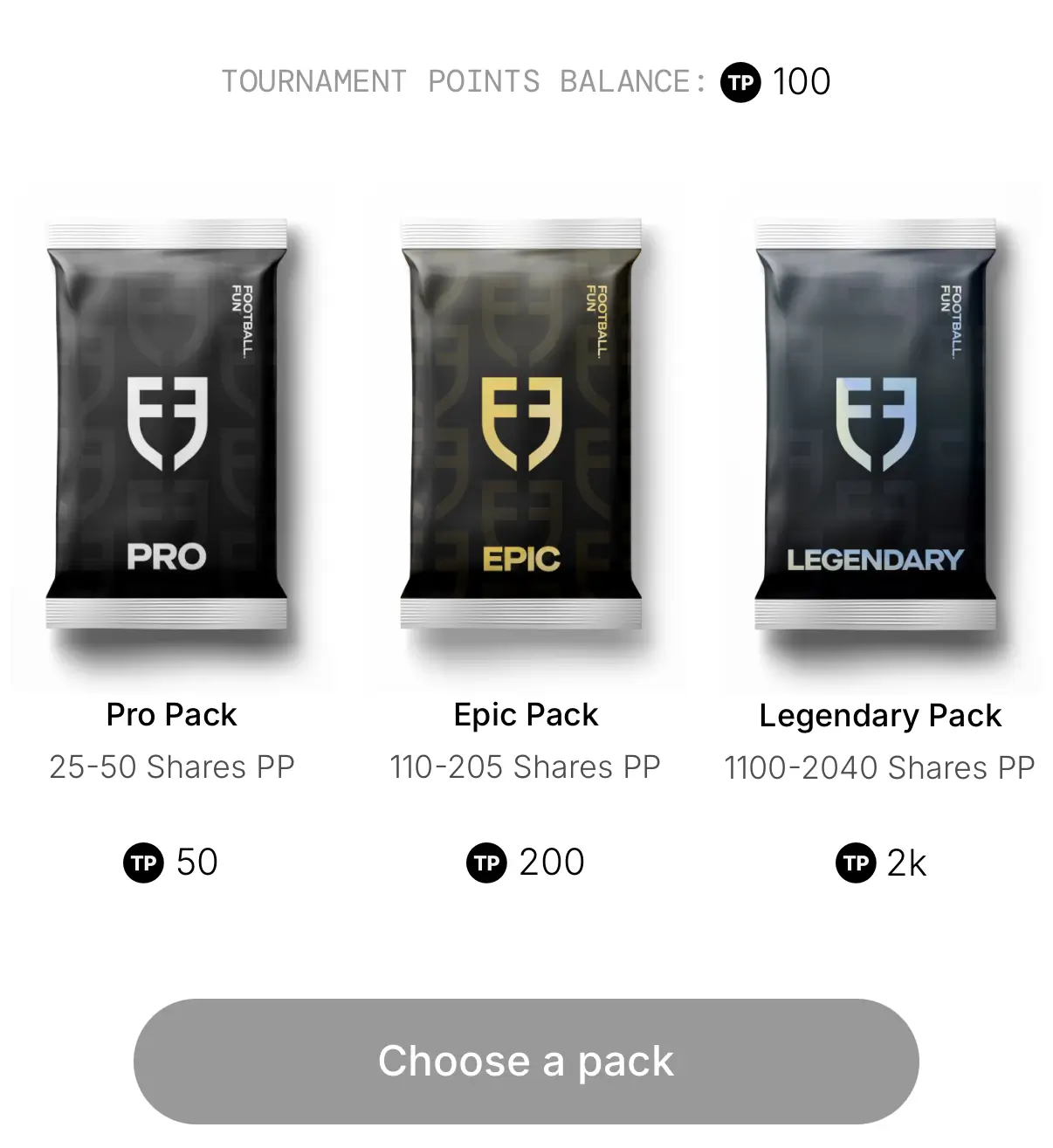
The higher the TP balance, the rarer the pack it can open. Packs come with a range of shares in the players and go to the users’ development squad.
Each pack comes with players who go to the users’ development squad. The packs come with different amount of shares, with legendary pack having the highest amount.
With the skill points earned, users can promote their development players to their active squad. Users can also cut players from this development squad and, in doing so, will receive a small amount of the tournament points (TP) spent.
Besides TP and SP, rep points exist too. These points help you level up, and can be earned through tasks completed and also via loyalty (i.e., not selling your active players like a psycho), as well as being skilled in using the platform, contributing quality content, and just supporting the project.
It’s important to note that the in-game currency of the FDF app is called “Gold.”
This Gold is measured at 1:1 with base USDC. Or rather, 1 Gold is equivalent to 1 dollar. Users can deposit USDC on base only directly to the platform, which is then converted automatically to Gold. This Gold can be spent to buy player shares, while users can earn Gold by selling player shares at a profit.
Fees and anti-dump mechanics on Football.Fun
The platform fees on FDF bring an interesting dynamic to the balance of the protocol. For example, there is a 5% base fee on all trades.
What this means is that buying and selling player shares attracts a 5% fee.
FDF has built-in mechanics to discourage sudden dumps or manipulation, so if you’re trying to offload a huge chunk of a player’s shares at once, you might see some added fees kick in.
Another scenario where this varying fee amount shows up again is in a kind of “Surge Activity Fee” prompt that pops up if trading for a specific player suddenly goes wild.
An example of this is in the situation where I tried to dump Saka of Arsenal while a game was going on, simply because he got injured and limped like he had torn his hamstring.
My actions were met with the anti-dump mechanism, forcing me to pay a 25% fee on my sell trade, while the trade was executed at a far lower price because of the ongoing dump. Not pretty, but effective, a reminder to keep things fair and fun.
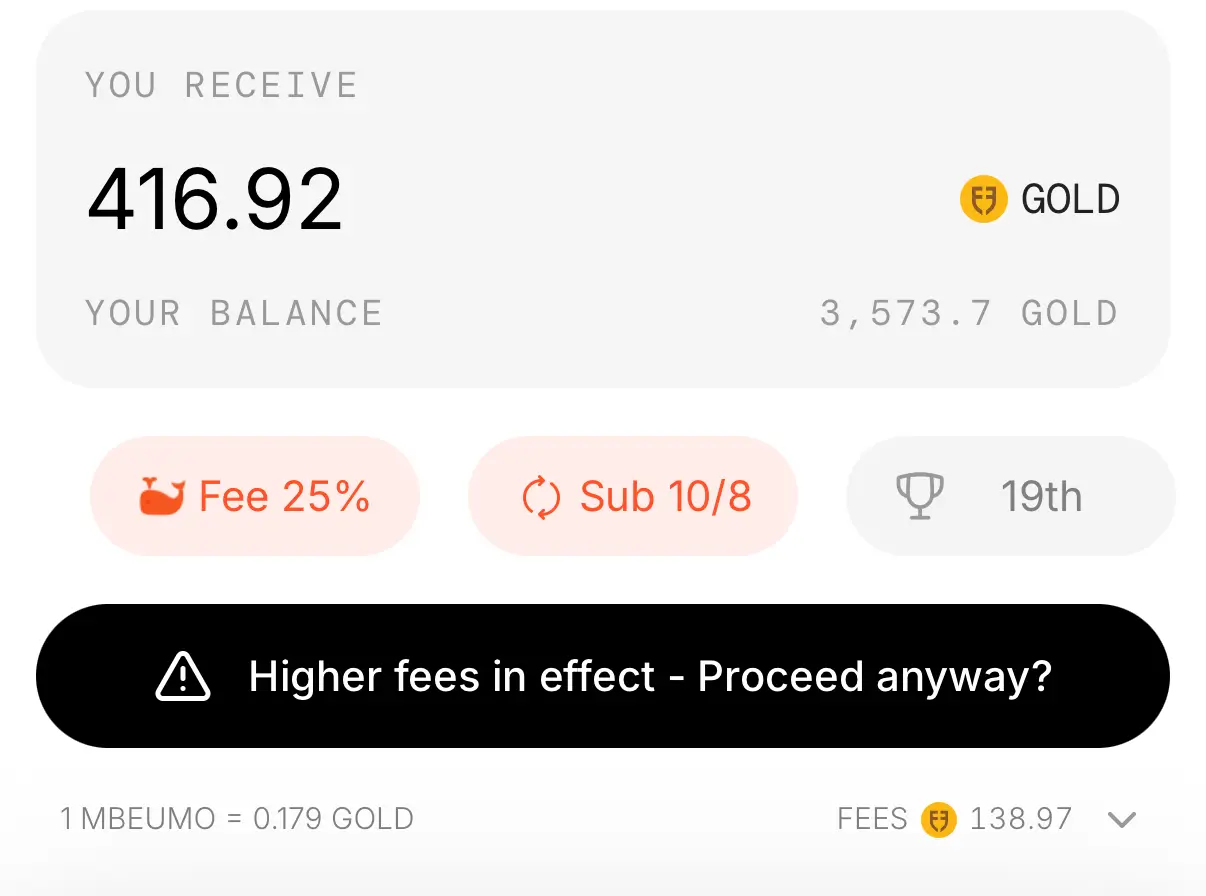
Selling players are also considered to be substitutions, and a user is allowed to make eight substitutions (eight selling transactions) during an ongoing tournament, selling them without any added fee penalty, considering that there is no surge in selling activity on the player being substituted (sold).
However, after these eight substitutions have been made, any further substitutions (selling activity) carried out by the user during the tournament will attract a penalty fee of 10% rather than the standard 5% fee.
Also, note that in a scenario where a user has exhausted their substitution during an active tournament and decides to sell a player coincidentally during a surge event (massive sell-off), the user will be subjected to a higher fee, like the scenario mentioned above.
These extra fees aren’t the norm, but they’re smartly designed to maintain balance and protect players who aren’t glued to the market 24/7.
Now, I did say that my trade executed at a far lower price than when it was placed. This is because of the surge in activity on the player characterized by users trying to dump. It is in this scenario that slippage as a feature of the system can be explained.
On FDF, slippage occurs when you’re trying to make a trade and prices are moving faster than you can click.
The cool part is just like most AMMs, you can actually set your own tolerance for this. If the price moves too far from what you expected, the trade won’t go through. Being able to dynamically preset the slippage gives users more control and helps avoid that annoying “Wait… what just happened to my gold?” moment.
How is Football.Fun a skill-based fantasy sports app?
The tournaments, tournament points, skill points, all contribute to making FDF a skill-based fantasy sports app. One that rewards users for their knowledge of the sport.
Football.Fun’s tournament system tracks player performance in real-life matches using Opta, to drive scoring.
As mentioned earlier, each action on the pitch earns or loses points based on the player’s position. Forwards, midfielders, defenders, and goalkeepers are scored using role-specific logic that aligns with how fans assess performance.
Matches between top-tier teams also unlock “Big Match” bonuses, while wins and draws award additional points scaled to the importance of the match.
Trading during tournaments is all part of the game. Buying shares before a match begins locks in eligibility for tournament scoring and rewards. Selling shares after a player has appeared on the field can trigger a substitution event, and the number of substitutions made influences the skill rating.
Players must manage their trading to keep their tournament strategy aligned and efficient. This is where the skill comes in.
Another important aspect of this is skill rating. SR tracks performance over time. It is calculated from a user’s top 11 performing players in a tournament, with bonuses applied to the highest-ranked ones. Ratings appear on leaderboards and determine future SP rewards.
If you think you’re that great at football, Football.Fun presents an ingenious design for you to prove it.
Legal implications
Many questions around licensing and the legalities of the app have been thrown into the conversation.
While this is a legitimate concern, the team’s feedback on the issues raised around legal groundwork is quite ameliorating.
Football.Fun operates as a fantasy sports app, making it an entertainment platform capable of rewarding players, focusing on skill rather than an entity operating as a commercial business.
This is evidenced in the minting of a fixed amount of shares for listed players, with a chunk being earned by participating in tournaments while tracking player performance for skill points.
Like we mentioned earlier in the article, Football.Fun is licensed via Opta, allowing them access to data on players across the indexed leagues. This aspect is entirely legal-proof.
In the area of IP infringement, Football.Fun avoids breaches by completely avoiding player images and likeness, club logos and official football league branded assets and identities. This, of course, does not include names and the names of football clubs, both of which are covered by Football.Fun’s Opta license.
This approach also helps make Football.Fun permissible in many regions, as it avoids presenting itself as an official affiliate of any real-world organization involved in the sport or its business.
Conclusion
Arguably, the aspect that stands out about Football.Fun isn’t just how wildly popular it’s gotten, so much so that even your granny signed up with my referral link, or that it’s, well, actually fun.
It’s that, for the first time ever, Americans are being forced to call it football. That is indeed a cultural shift worth noting.
On a more serious note, if you’re actually a football fan, there’s a good chance you’ll find long-term value in the app. Right now, a lot of the hype is fueled by early users making big gains, which has naturally pulled in a crowd that doesn’t necessarily care about the sport.
Everyone’s welcome, of course, but FDF isn’t an “up only” app, and it’s not trying to be the next Pump.fun clone either. At its core, it’s a fantasy sports platform built for real PVP entertainment. Players compete in a fun, game-like environment, with rewards driven by a speculative economy baked into the app’s design.
With its increasing popularity, it might seem as though they’ve found some form of product-market fit. However, we believe that true mania on Football.Fun will undoubtedly show up gradually, rather than sporadically, especially when the initial hype dies down to a nominal position, allowing marketing efforts and incremental consumer-friendly upgrades to steer the app into a new wave of growth.
That’s when things get interesting. Because when you consider that FIFA estimates there are 4 billion football fans globally, the potential scale here isn’t just big, it’s massive.
For now, feel free to join and have fun on the app, try the free version if you’re new to the world of football, and enjoy what we think might be another giant crypto app in the making.
Note: A handful of the blocmates team are deep in the FDF trenches, so factor that bias in. All of our research and references are based on public information available in documents, etc., and are presented by blocmates for constructive discussion and analysis. To read more about our editorial policy and disclosures at blocmates, head here.






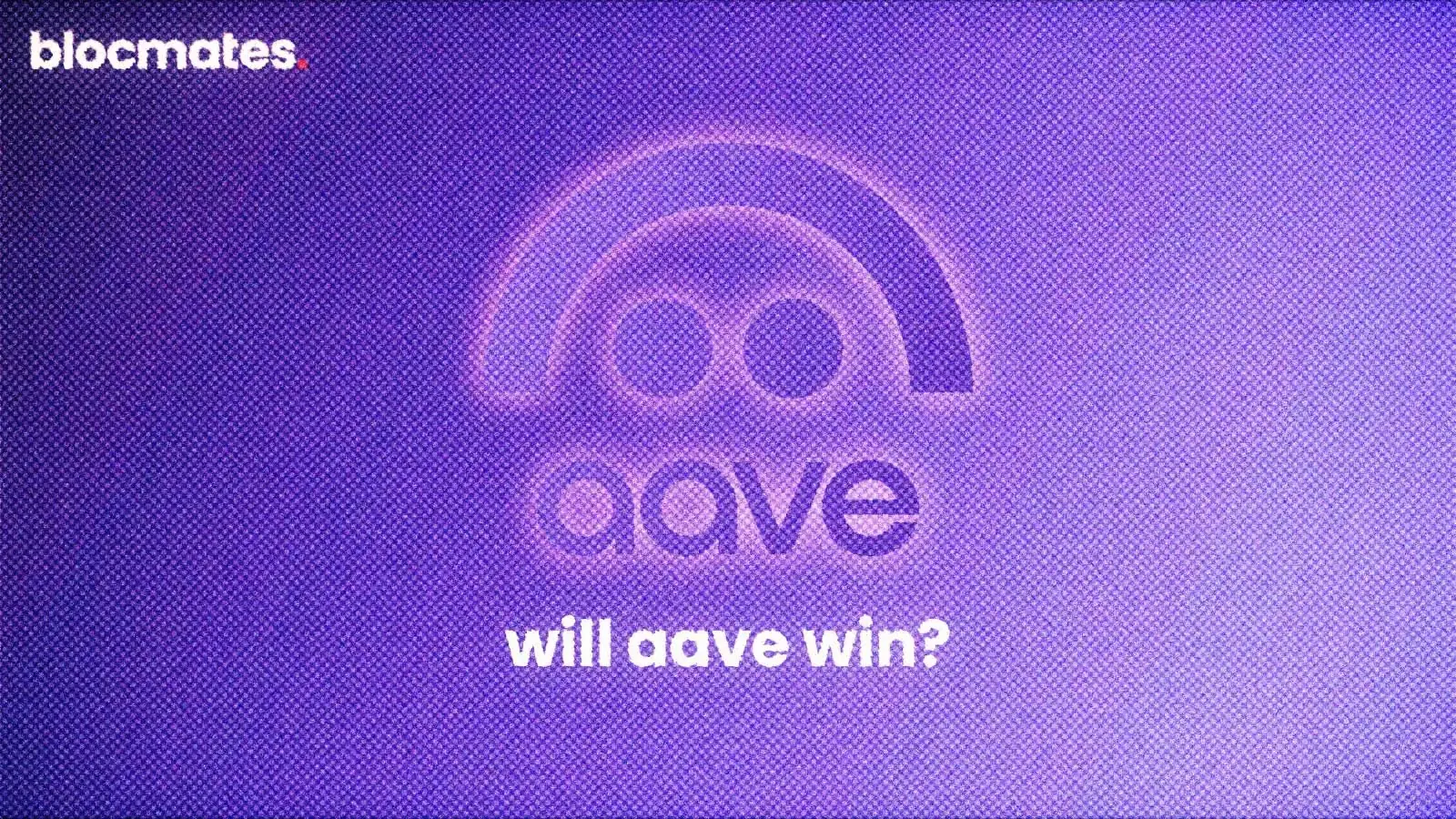




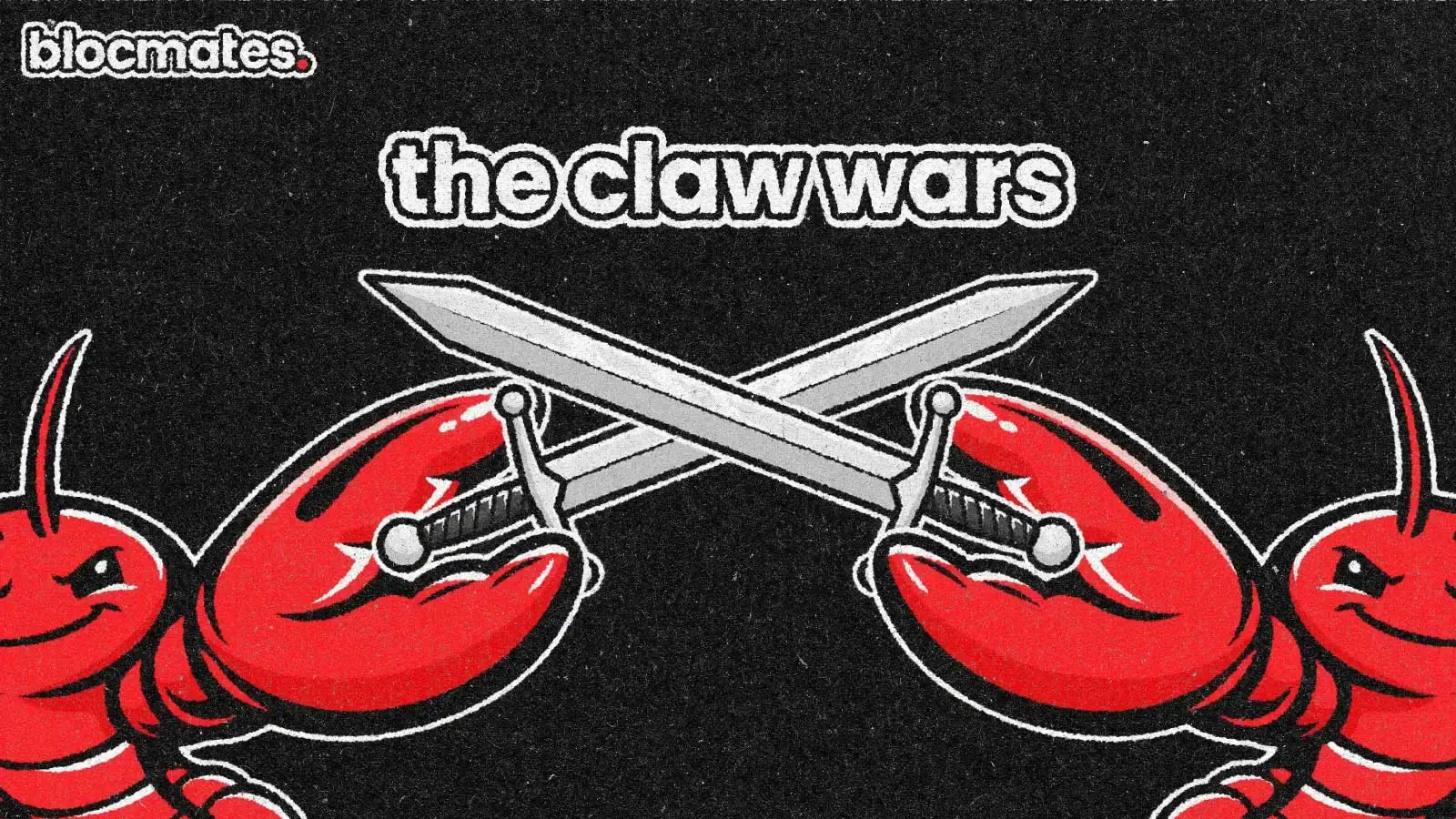
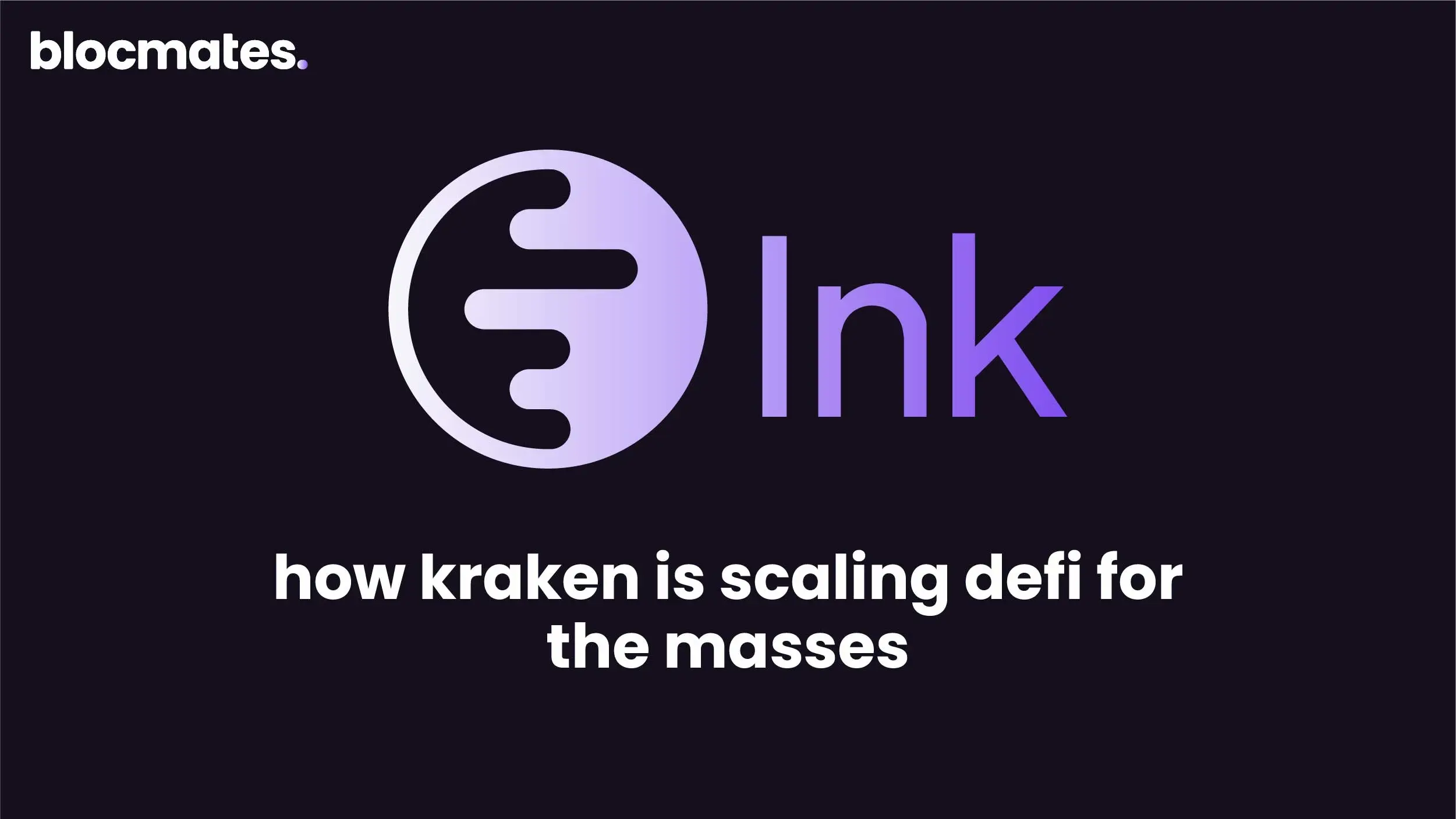
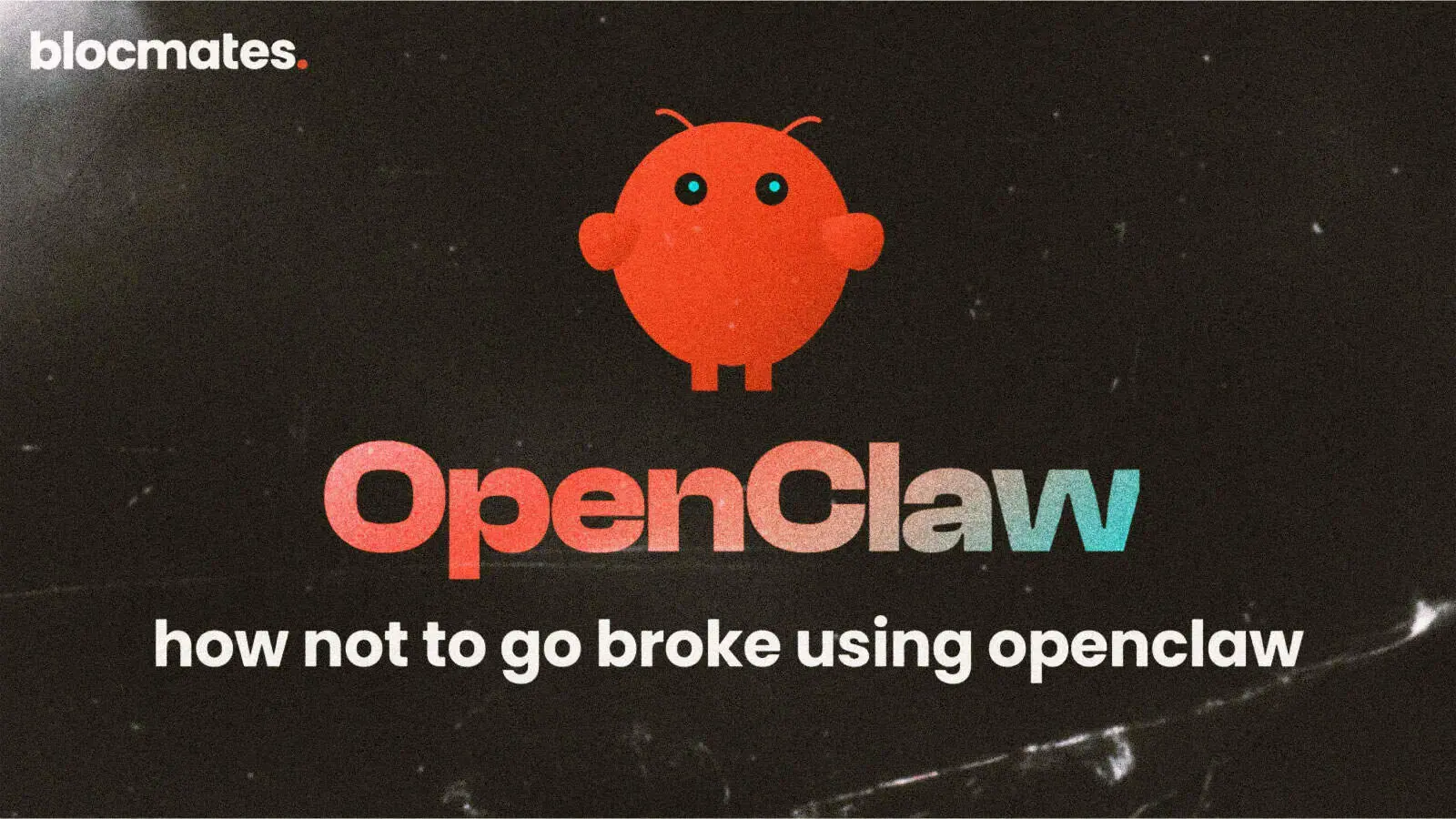
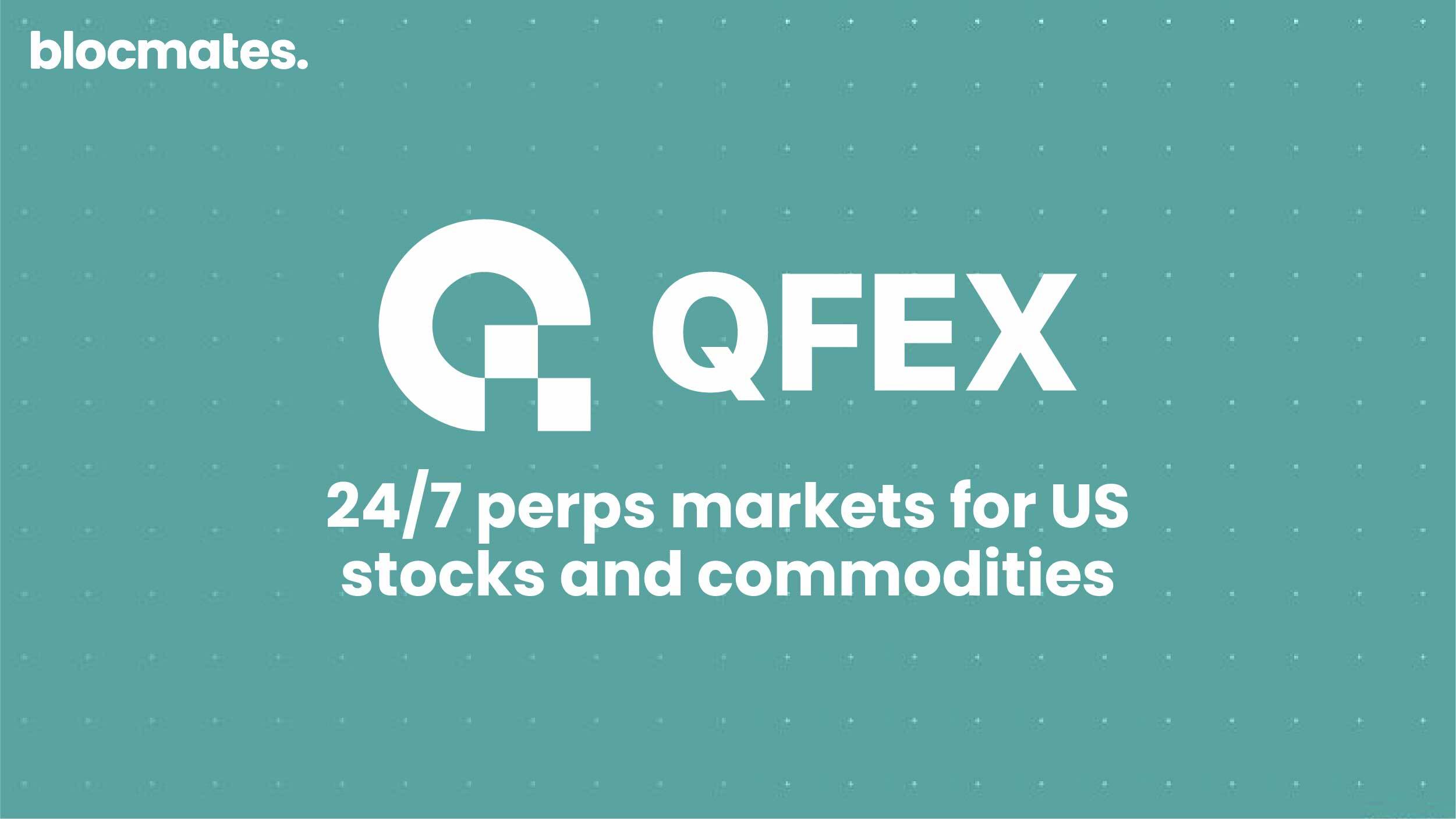
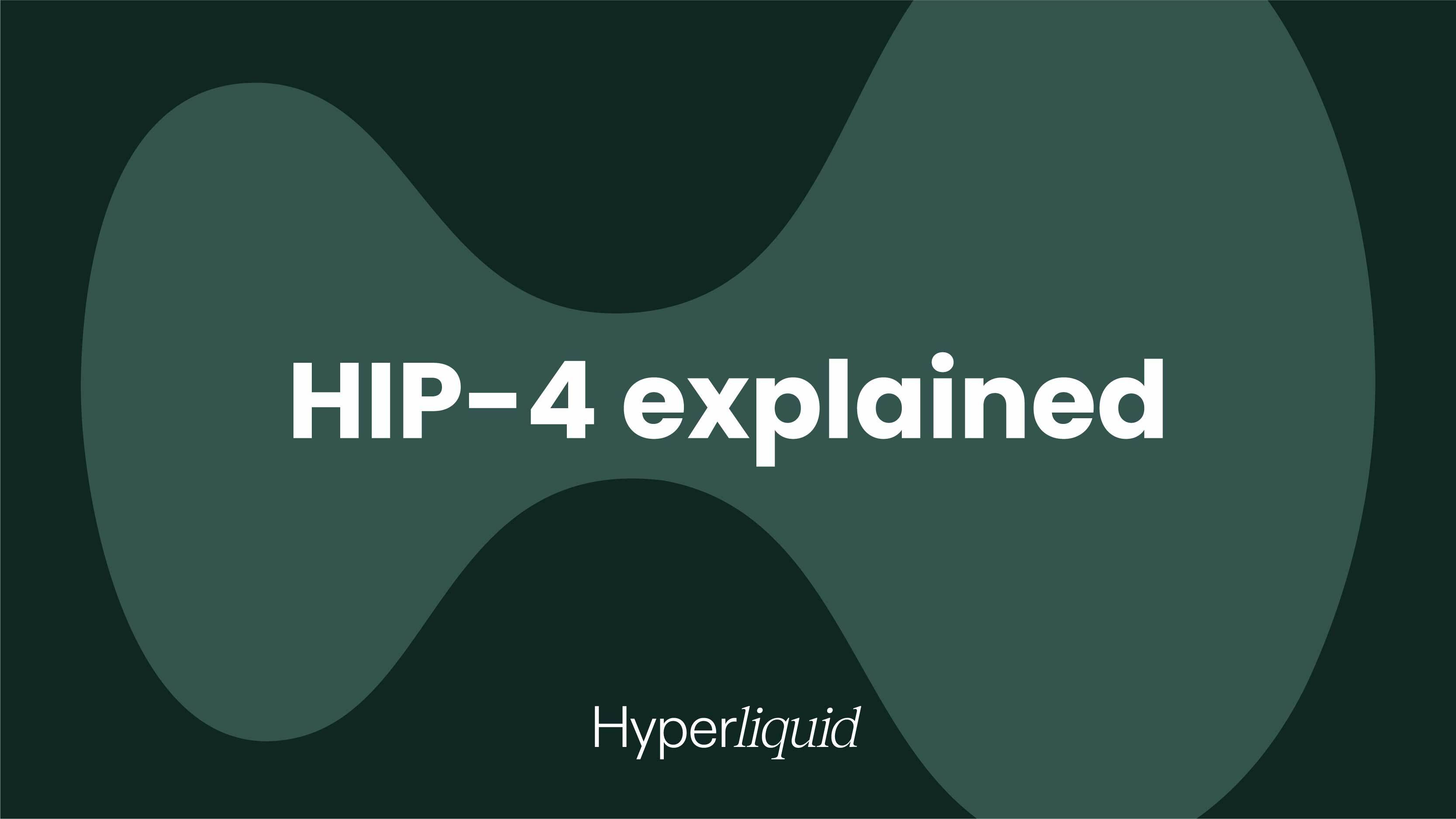


















.webp)

.webp)
.webp)

%20(1).webp)


























































%202.webp)


.webp)

.webp)
.webp)
.webp)


.webp)
.webp)

.webp)
.webp)
.webp)


.webp)
.webp)










.webp)


.webp)









.webp)







.webp)




.webp)


























.webp)







.webp)















.webp)

.webp)
.webp)

.webp)














.webp)

.webp)


.webp)








.webp)




